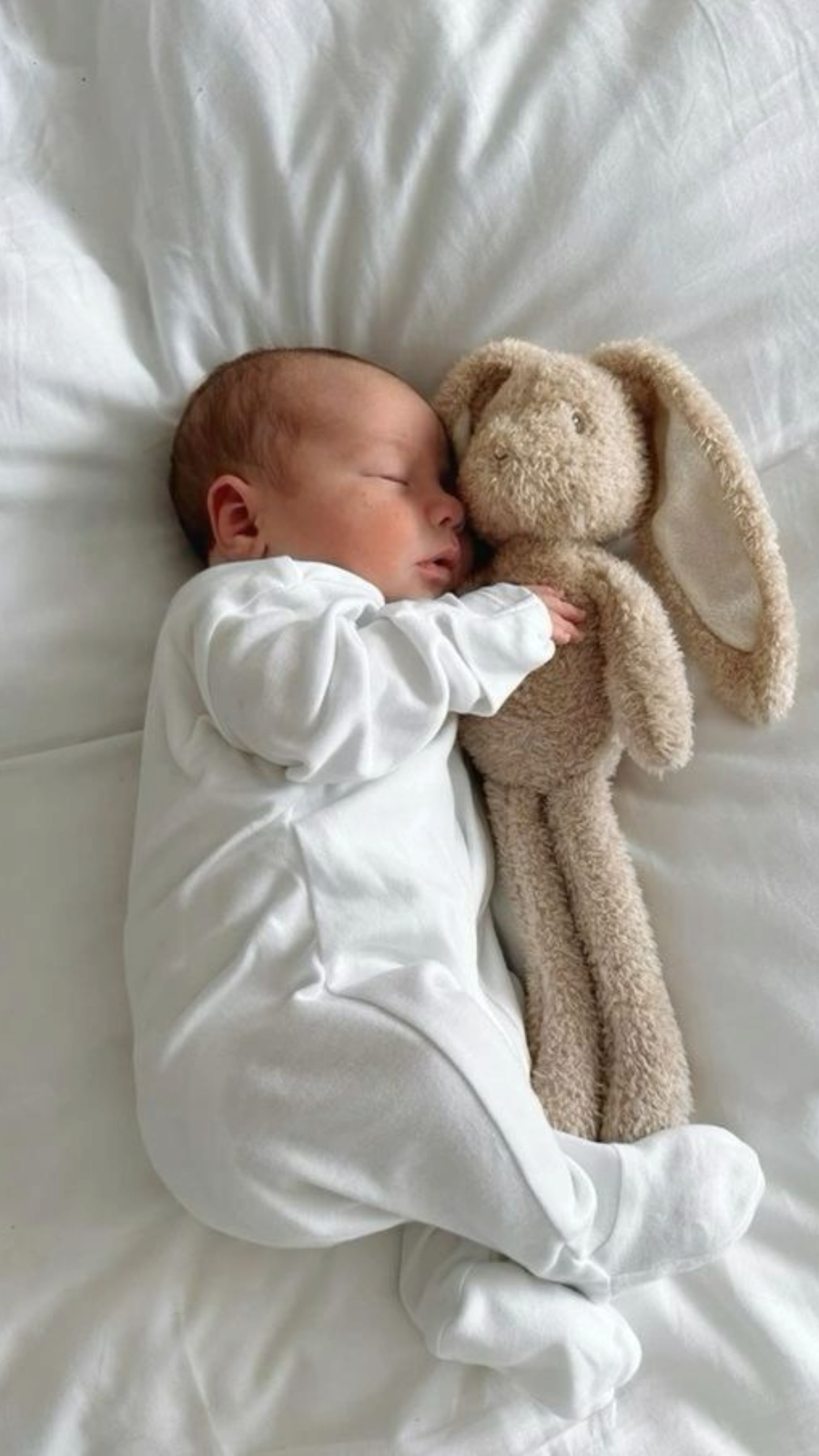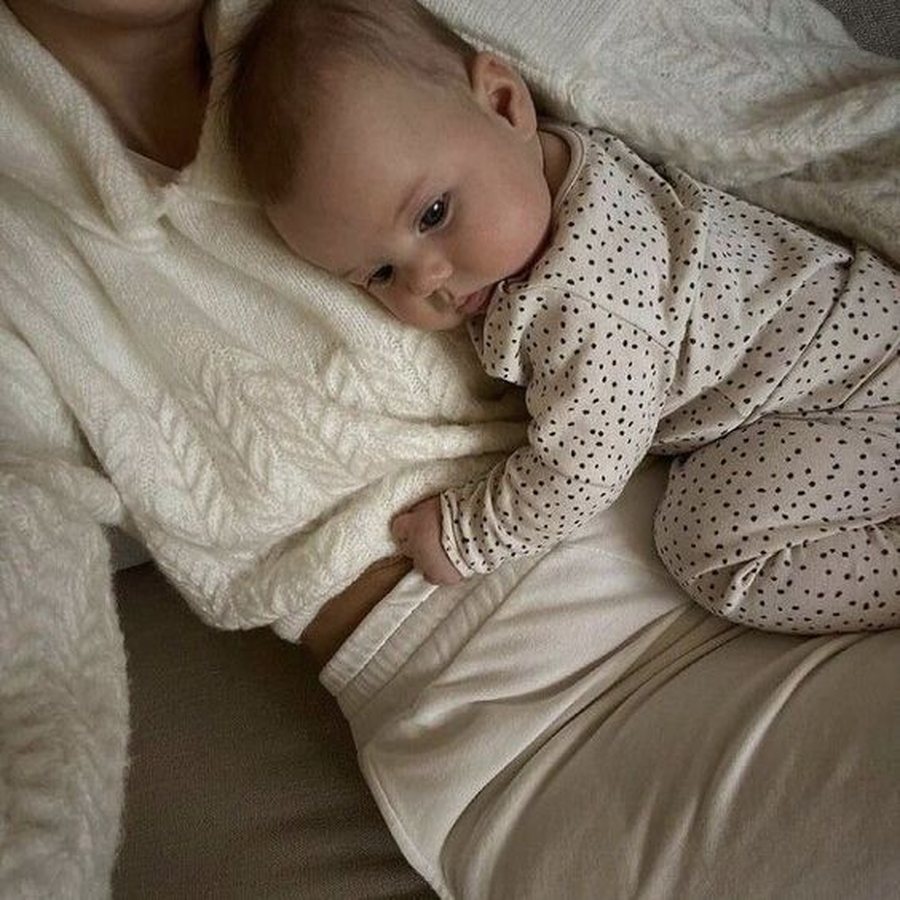
A baby's gender is not simply random, but the result of a number of factors, which may explain why some families have mostly boys while others have only girls. This idea is supported by a new study published in the journal Science Advances.
Researchers from Harvard University analyzed data from over 146,000 pregnancies, collected by 58,000 nurses in the US between 1956 and 2015. They found that families who already have three or more children of the same sex are more likely to have another child of the same sex if they decide to have another.
As the study's lead researcher, Jorge Chavarro, explains:
"If you already have two or three girls and you're trying for a boy, the odds aren't 50-50. There's a better chance you'll have another girl."
According to the results:
Families with three girls had a 58% chance that the fourth child would also be a girl.
While those with three boys were 61% more likely to say again: "It's a boy!"
What influences gender determination?

One factor the researchers identified was age. Women who started having children after age 28 were slightly more likely to have children of the same sex, either all boys or all girls. This could be related to biological changes that occur over time, such as increased acidity in the vaginal environment, which theoretically favors the birth of a boy.
Two genes were also identified that appear to be linked to the sex of babies, although the mechanism of this link was not fully understood.
However, Iain Mathieson, professor of genetics at the University of Pennsylvania School of Medicine, stressed that results related to genetic factors should be treated with caution, as the sample studied was relatively limited and could be influenced by other factors not included in the analysis.
Even after excluding other factors, the pattern remains the same

Even after factors such as miscarriages or babies lost at birth were excluded, the pattern remained unchanged: a baby's gender is not entirely a matter of fate.
In the future, researchers aim to further investigate the influence of other factors such as:
Lifestyle
diets
Exposure to chemicals in the environment
Meanwhile, factors such as race, blood type, BMI, or height did not appear to have a direct impact on the baby's gender. But it is worth noting that the study sample was not representative of the general population, as it consisted exclusively of nurses.





